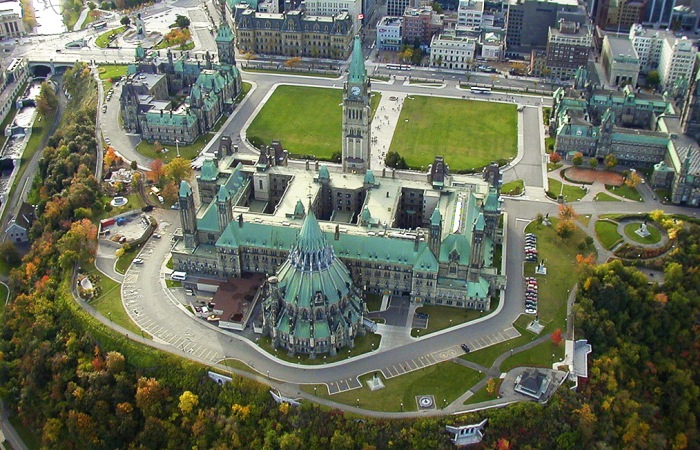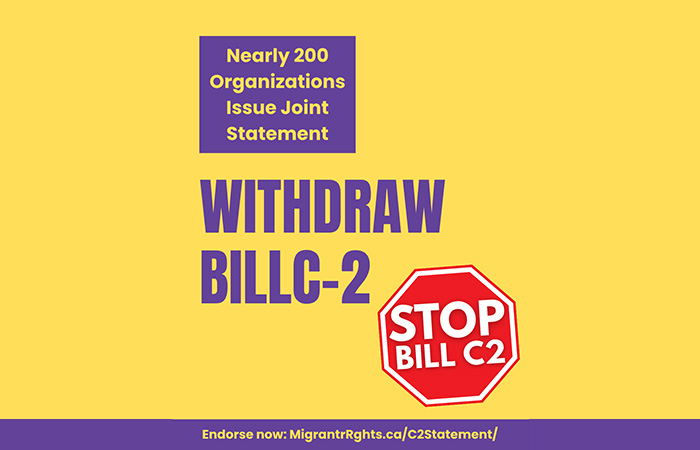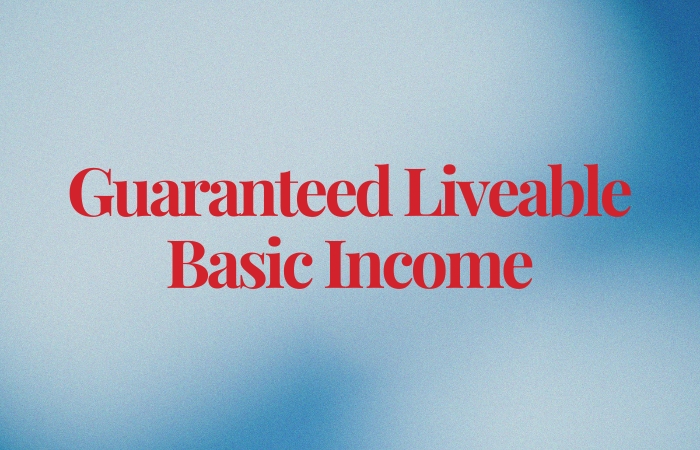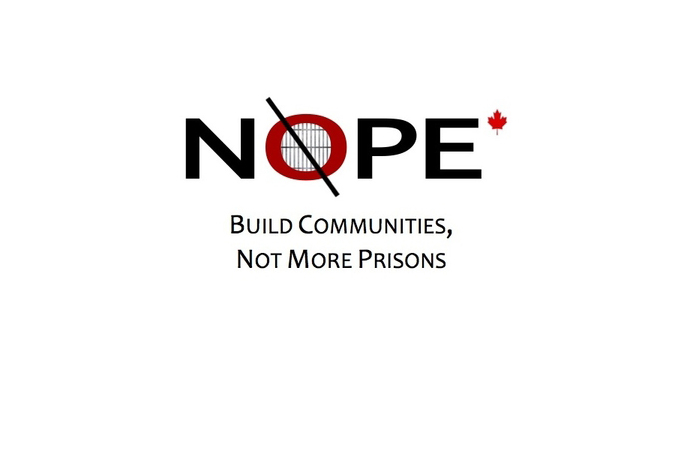
CFSC endorses No On Prison Expansion (#NOPE)
August 2, 2016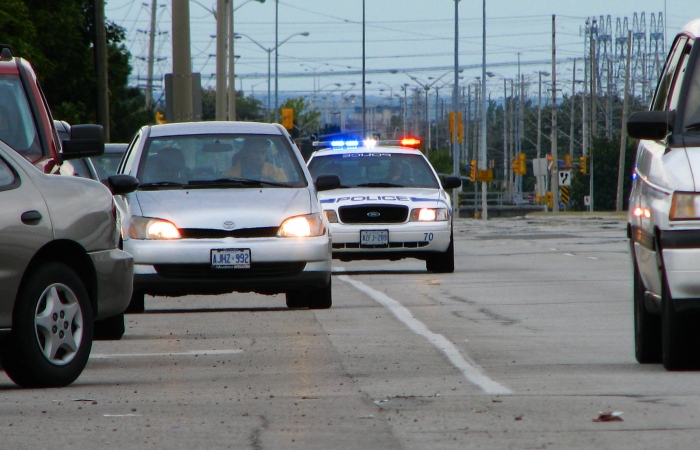
CFSC endorses recommendations on policing
October 27, 2016CYM 2016 minute on reconciliation
At the annual gathering of Quakers in Canada, Canadian Yearly Meeting in session, Friends found deep unity on a new position on reconciliation, acknowledging “that part of our journey is to decolonize our own thinking and sit in the discomfort and pain of confronting where we need to deepen our understanding, bear witness, and transform our behaviour.”
The full text of this minute reads:
At Yearly Meeting 2015 Friends approved Minute 2015.08.33 calling on individual Friends to read the Report of the Truth and Reconciliation Commission (TRC) and the Calls to Action. The Minute asks Friends to listen expectantly to the Spirit for guidance on what steps they may be personally led to take. It also asks Monthly Meetings and Worship Groups to engage with the materials shared by the Indigenous Rights committee of Canadian Friends Service Committee (CFSC) and prayerfully consider what actions they may take in working for reconciliation in their communities. We committed to minute our progress for the year at this Yearly Meeting.
Much has happened since our last Yearly Meeting:
- We now have a new federal government that has stated it accepts all of the TRC’s Calls to Action and that it will implement the United Nations Declaration on the Rights of Indigenous Peoples. This has changed the dynamic and the tone of public discourse on Indigenous Peoples’ rights in Canada.
- CYM and CFSC jointly issued a Quaker Response in March 2016 to Call to Action 48,and we submitted this to the TRC. We affirmed in our statement that we have “endorsed, celebrated and committed to implement the UN Declaration on the Rights of Indigenous Peoples” as stated in previous minutes (2010.08.50, 2009.08.70). We received a warm reply from Justice Murray Sinclair, Chair of the TRC, thanking us for our work. He particularly liked that we had committed to an annual review of our progress.
- CYM and CFSC also collaborated with other faith bodies, some of which were church parties to the Indian Residential Schools Settlement Agreement and some of which were not, in issuing a joint ecumenical statement on Call to Action 48. CFSC’s Indigenous Rights coordinator participated in drafting. This was a worthwhile process in working to find common ground amongst faith bodies regarding their role in the reconciliation process.
- CFSC’s Indigenous Rights committee educated Friends on such critical issues as free, prior, and informed consent; genocide; and intergenerational trauma.
- Meetings and Worship Groups have visited nearby Indigenous communities; organized discussion groups in partnership with local Indigenous Peoples; are attending educational events such as workshops and film screenings; are learning about and honouring Friends’ role as Treaty partners; and are placing the UN Declaration in poster and booklet form in their Meeting houses.
- Some individual Friends have been led to stand alongside Indigenous Peoples in defending their traditional territories, including civil disobedience resulting in arrest.
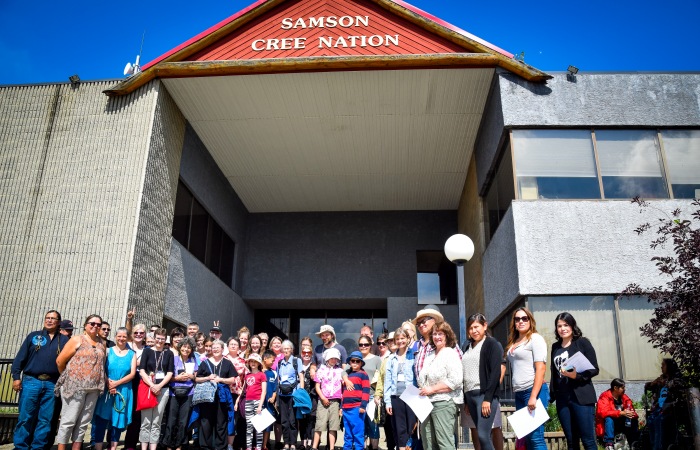
On a day when Friends passed a minute about taking reconciliation work “to the next level” we were welcomed in a visit to the Samson Cree Nation, Montana Cree Nation and Ermineskin Cree Nation
During the year, CFSC has explored the work of Reconciliation with many Meetings, Worship Groups and Half Yearly Meetings. As Friends engage in the work of reconciliation, we are committed to grounding our actions in our Spiritual practices, particularly of speaking to that of the Creator in everyone. Let Friends first listen to the concerns of Indigenous Peoples. We know it is not sufficient to be well-intentioned and make assumptions about what is best for Indigenous Peoples without asking what it is they want and need. All actions require the guidance of the Indigenous Peoples involved and need to be done with respect, cooperation and ongoing consultation.
We, as Friends, also need to be open to being challenged in our assumptions about the many destructive facets of colonial legacies and continuing racist practices and policies that constitute Canada’s historical and contemporary realities. We acknowledge that part of our journey is to decolonize our own thinking and sit in the discomfort and pain of confronting where we need to deepen our understanding, bear witness, and transform our behaviour.
While Friends corporately have often been on the forefront of advocating for Indigenous Peoples’ human rights, it is now time to prioritize this work and take it to the next level.
Friends recognize that reconciliation requires us to continue to learn, grow, and establish and nurture relationships with Indigenous partners.
We are a Society of Friends, and friendship entails a relationship greater than simply understanding our colonial history. As Friends, we commit to walking the path of friendship, following these instructive words:
I think about what I want for my children and grandchildren. What I want for them is to be loved and love other people in this country. Not to tolerate them, not to go to our respective corners and stop hurting each other, but to be wrapped up and engaged in each other’s lives.
– Douglas White, Kwulasultun (Coast Salish name), Tliishin (Nuu-chah-nulth name)
Director of the Centre for Pre-Confederation Treaties and Reconciliation, Vancouver Island University and former Chief of the Snuneymuxw First Nation
For Canada to grow and heal we must be active participants in a paradigm shift, moving from colonialism to a new reality based on respect for Indigenous Peoples’ Human Rights. We are reminded that we have CFSC’s Indigenous Rights committee to assist us and provide resources for this work.
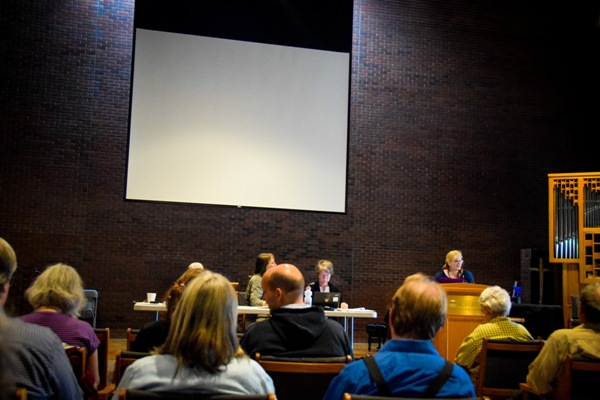
Friends at CYM 2016 passing this minute
We ask Monthly Meetings and Worship Groups:
- to continue to educate themselves, including children and youth, about the doctrine of discovery, the ongoing effects of colonialism, the UN Declaration, residential schools and their legacy (including the TRC Report), the history of the land on which they live, and reconciliation efforts.
- to formally acknowledge the traditional territories where their Meetings are located and engage in processes of reflection on the meaning of this. Acknowledgments can be accomplished through signage, statements during the close of Meeting, and inclusion in information provided to any community groups who use Meeting House space.
- to find out about current concerns of Indigenous Peoples from those territories, including land appropriation or resource development, with which the Meeting could be engaged.
- to investigate projects of cultural revitalization that Indigenous Peoples are involved in and discern if there is an appropriate role (including funding) that Friends can play.
- to uphold and support individual Friends involved with grassroots Indigenous rights and provide spiritual support to Friends led to this work. This might include offering committees of care and approving minutes of support.
- to report back annually through the Indigenous Rights committee of CFSC on actions taken. We ask CFSC to collate such information in their reporting to CYM.
Download this minute in PDF
Learn more about Friends’ work on reconciliation.


